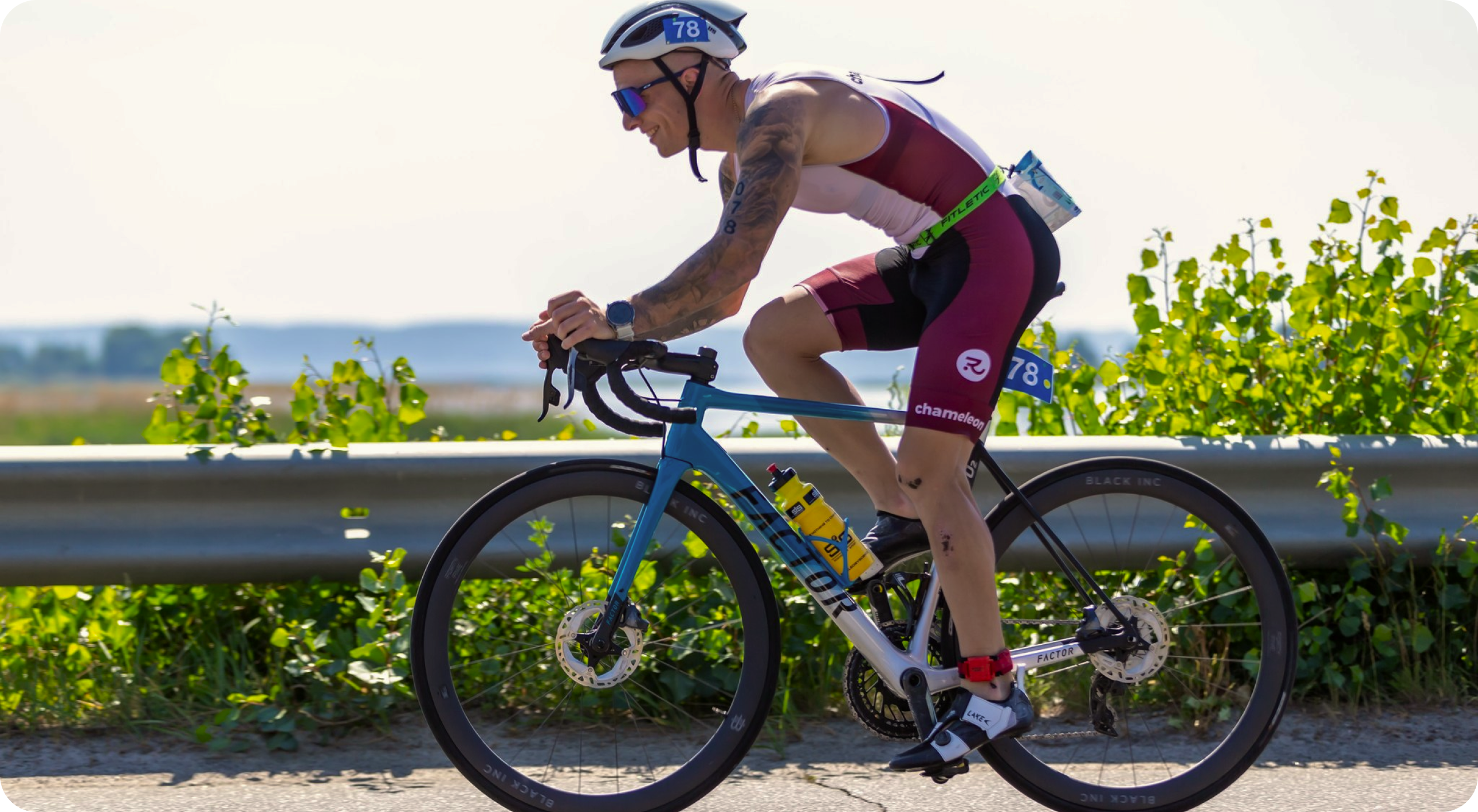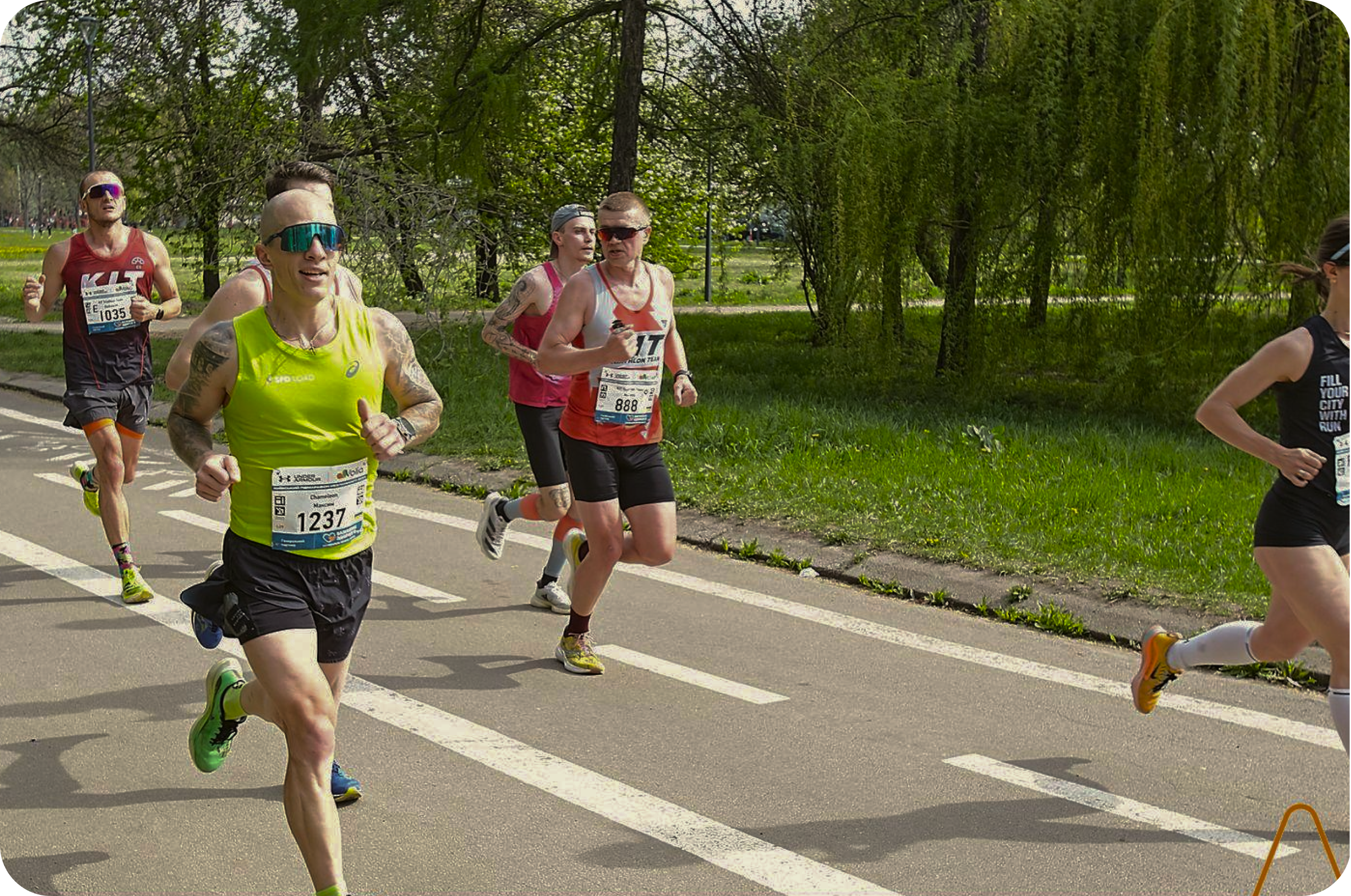Running forms the third and final segment of a triathlon, a challenging culmination of the grueling swim and bike stages.
It’s the stage where mind over matter truly comes into play, and every bit of preparation counts.
In this article, we will delve into the world of personalized run coaching, exploring the impact of expert guidance on your running performance.
We’ll also define the role of high-tech running equipment in improving efficiency and speed.
The Edge of Personalized Coaching
Triathlon, by its very nature, is an independent endeavor.
It requires willpower, dedication, and an unwavering desire to succeed.
Yet, even the most determined athletes can benefit from external guidance and perspective.
Enter professional run coaching.
A coach does not just create a training plan.
They tailor it to your specific needs, abilities, and goals, providing advice on running technique, pacing, and race-day strategies.
They provide motivation, support, and a level of accountability that can often make the difference between good and exceptional.
This principle holds for some of the most successful athletes.
Take the case of Eliud Kipchoge, the fastest marathoner of all time, who once said, “100% of me is nothing compared to 1% of the team.”
Kipchoge has consistently attributed part of his success to his coach Patrick Sang, underlining the importance of professional guidance.
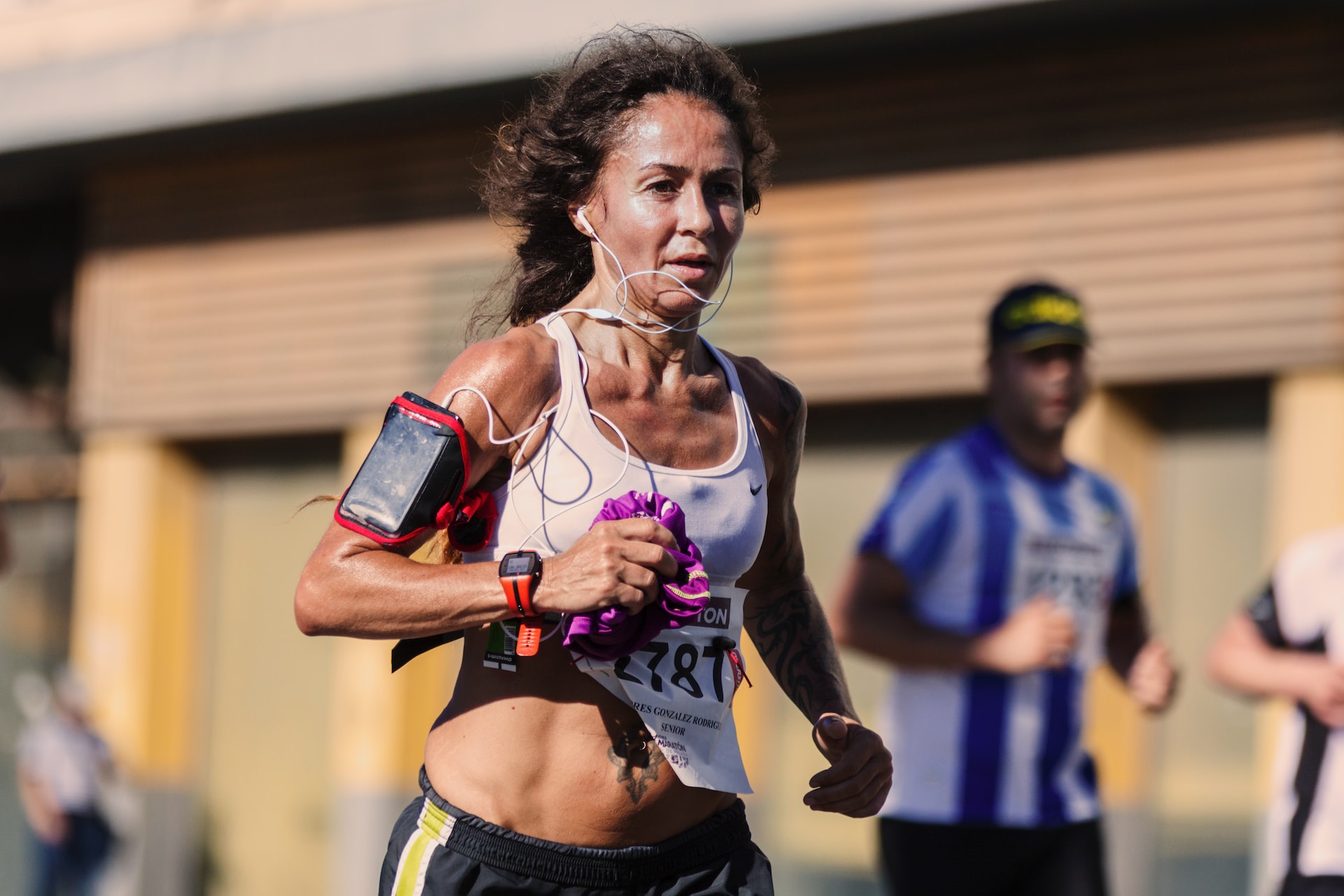
The Impact of Personalized Coaching: A Look at the Numbers
To understand the tangible impact of personalized coaching on running performance, let’s delve into some enlightening statistics:
1. Coaching and Improved Performance
According to a study published in the Journal of Sports Sciences, athletes who trained under a coach were twice as likely to see significant improvements in their performance compared to self-trained athletes.
In the study, 75% of the athletes who trained under the guidance of a coach reported that they achieved their goals, compared to 35% of the athletes who trained on their own.
Whether it’s finishing a race, setting a new personal best, or qualifying for a prestigious competition.
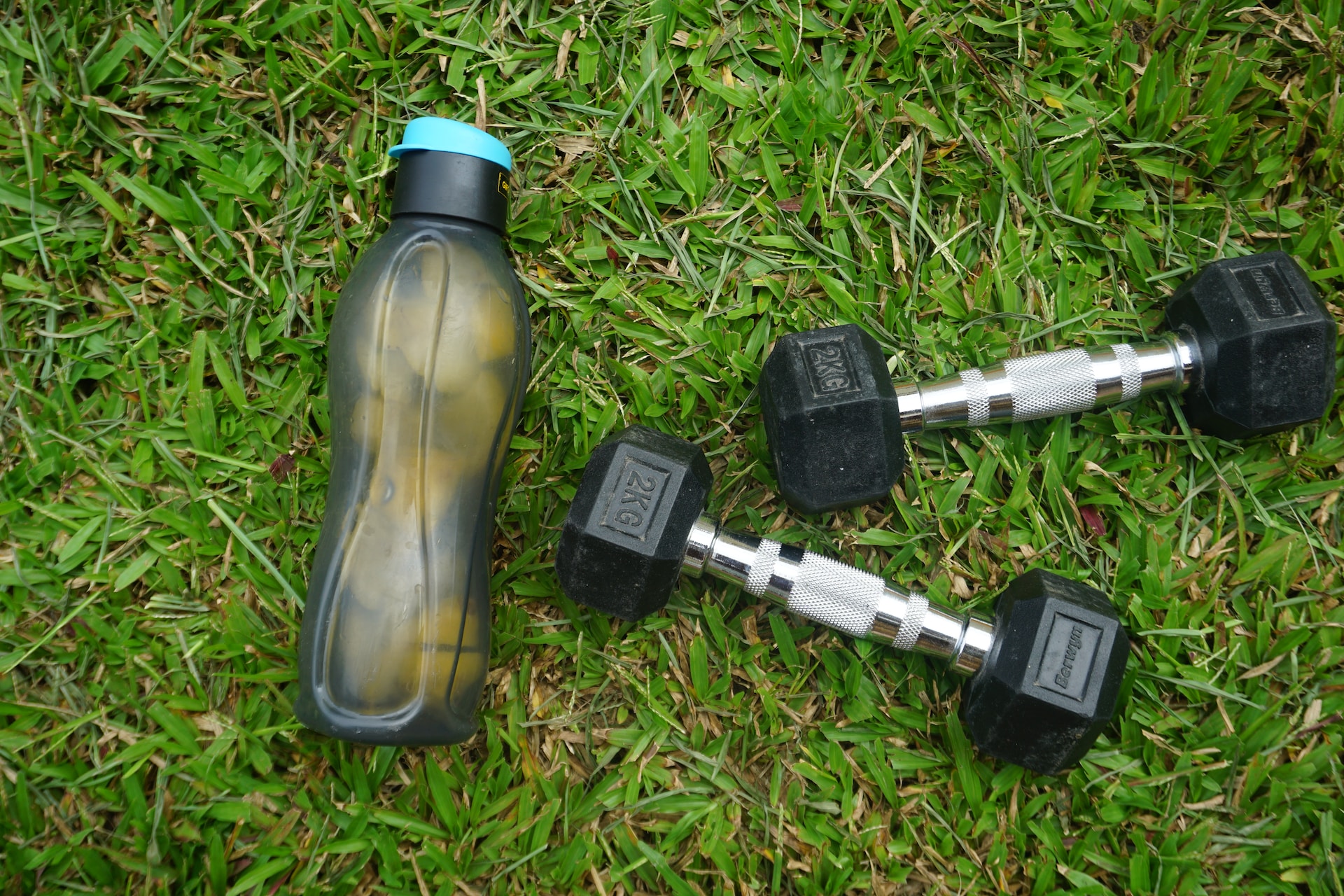
2. Coaching and Injury Prevention
A survey conducted by Runner’s World revealed that athletes with a running coach experienced fewer injuries.
According to the survey, 23% of runners who train on their own reported such injuries, compared to 14% of runners who train with a coach.
Injuries such as shin splints, stress fractures, or plantar fasciitis.
The survey authors explain this difference by the ability of a coach to develop a balanced, varied training plan.
It includes proper rest and recovery, thereby reducing the risk of overuse injuries.

3. Coaching and Retention Rates
Coaching can also have a significant impact on an athlete’s commitment to their training.
According to a study by the Athletics and Fitness Association of America (AFAA), the dropout rate for self-coached runners was approximately 25%, while the dropout rate for runners who received professional coaching was just 8%.
This data suggests that a coach’s guidance, motivation, and support can be instrumental in helping athletes stick with their training plans.
These statistics paint a clear picture of the potential benefits of hiring a professional running coach.
Not only can it enhance your running performance, but it can also help in preventing injuries and maintaining your commitment to training.
By investing in personalized coaching, you are investing in your future triathlon success.

High-Tech Running Gear: A Necessity, not a Luxury
High-tech running gear is not just about sporting the latest gadgets.
It’s about leveraging technology to enhance your performance.
GPS watches, heart-rate monitors, and advanced running shoes can provide a wealth of information that can be crucial for performance improvement.
For instance, GPS watches and heart-rate monitors can track pace, distance, cadence, heart rate, and other essential metrics.
This data can help you understand your body better, adapt your training based on real-time feedback, and gauge your progress accurately.
Even running shoes have seen technological advancements.
Shoes with carbon-fiber plates, for example, have been shown to improve running performance by 4-5%, according to a study published in the journal Sports Medicine.
Such improvements can translate into significant time savings throughout a marathon.
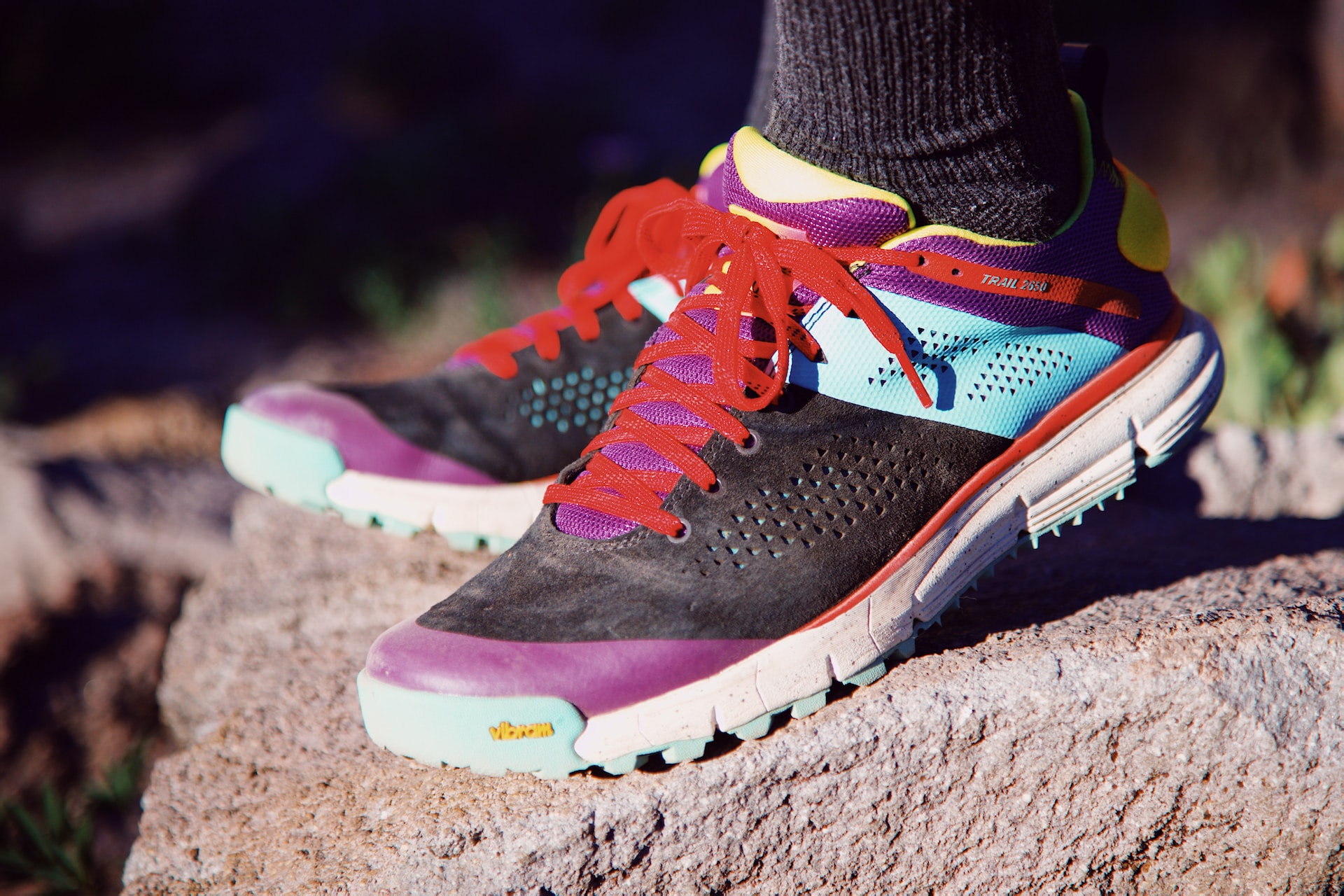
The Price of Success
Investing in professional coaching and high-tech gear comes at a cost.
Coaching services can range from $100 to $500 per month, depending on the coach’s experience and the level of personalization.
GPS watches and heart-rate monitors can range from $100 to over $600, while high-end running shoes often cost between $150 and $300.
However, it’s crucial to view these expenses as investments rather than mere costs.
As Arthur Ashe, a tennis legend, famously said, “Start where you are. Use what you have. Do what you can.”
Investing in coaching and equipment is about utilizing all available resources to expand your capabilities.
It’s also about turning what you can do into what you can do even better.

Synthesizing It All: Your Path to Enhanced Performance
As we delve into the potential benefits of professional coaching and high-end gear, remember that each athlete’s journey is unique.
What works for one may not work for another.
Your task is to identify the resources that align best with your needs and goals.
Is it a coach who can provide a personalized training plan and valuable feedback?
Is it a GPS watch that tracks your every step and heartbeat?
Or is it a pair of advanced running shoes designed to boost your running economy?
As you contemplate these decisions, keep in mind the words of Frank Shorter, an Olympic marathon gold medalist: “You have to forget your last marathon before you try another. Your mind can’t know what’s coming.”
As you take on the challenge of triathlon, approach each aspect – swimming, cycling, running – with an open mind, willing to learn, improve, and adapt.
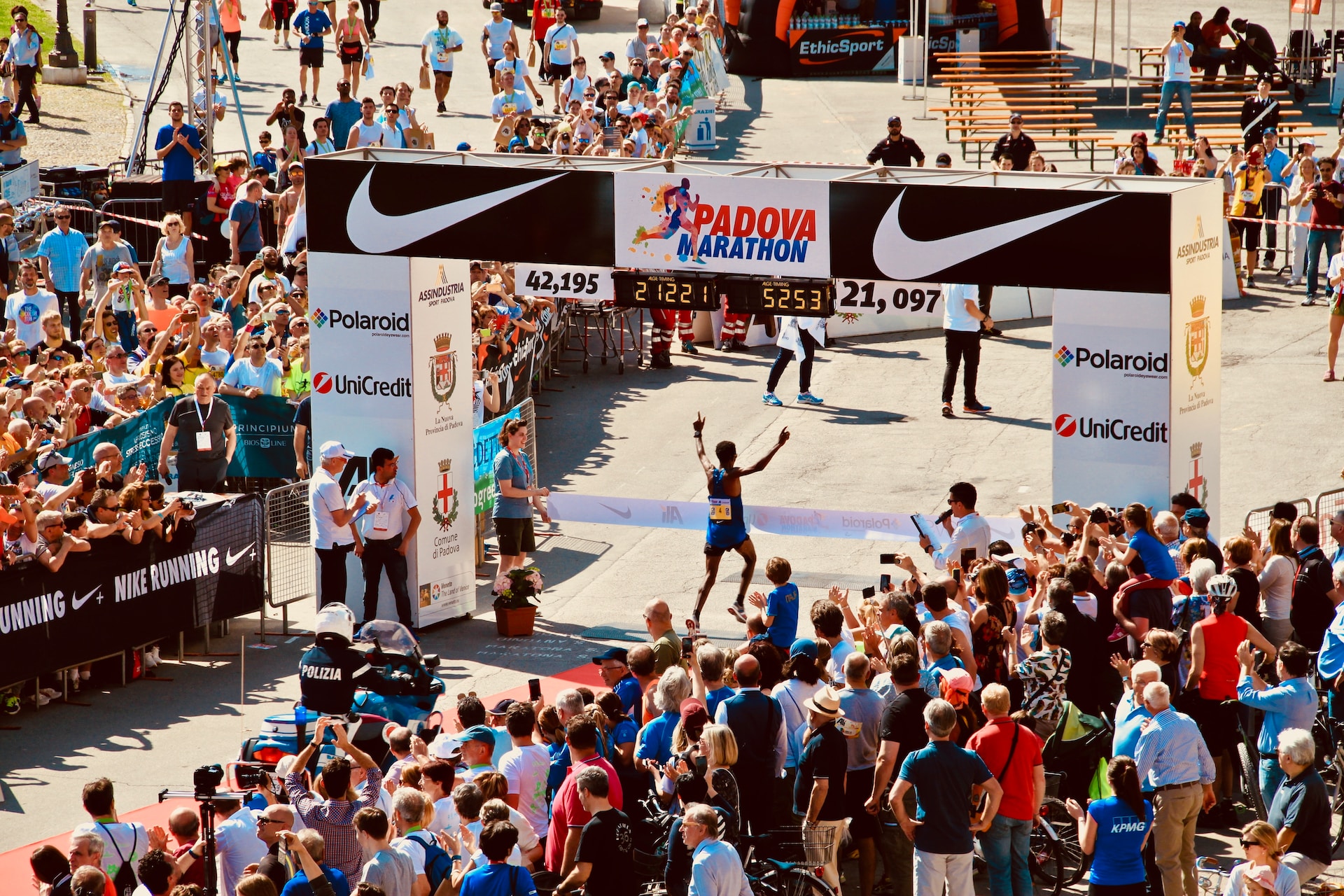
Triathlon Training: More Than Just Running
While this article has focused on the running aspect of triathlon training, it’s important to remember that triathlon is a multi-discipline sport.
Success in triathlon doesn’t just come from excelling in one discipline but in mastering the combination.
It’s about learning how to transition efficiently, managing your energy, and preparing mentally for the challenges of race day.
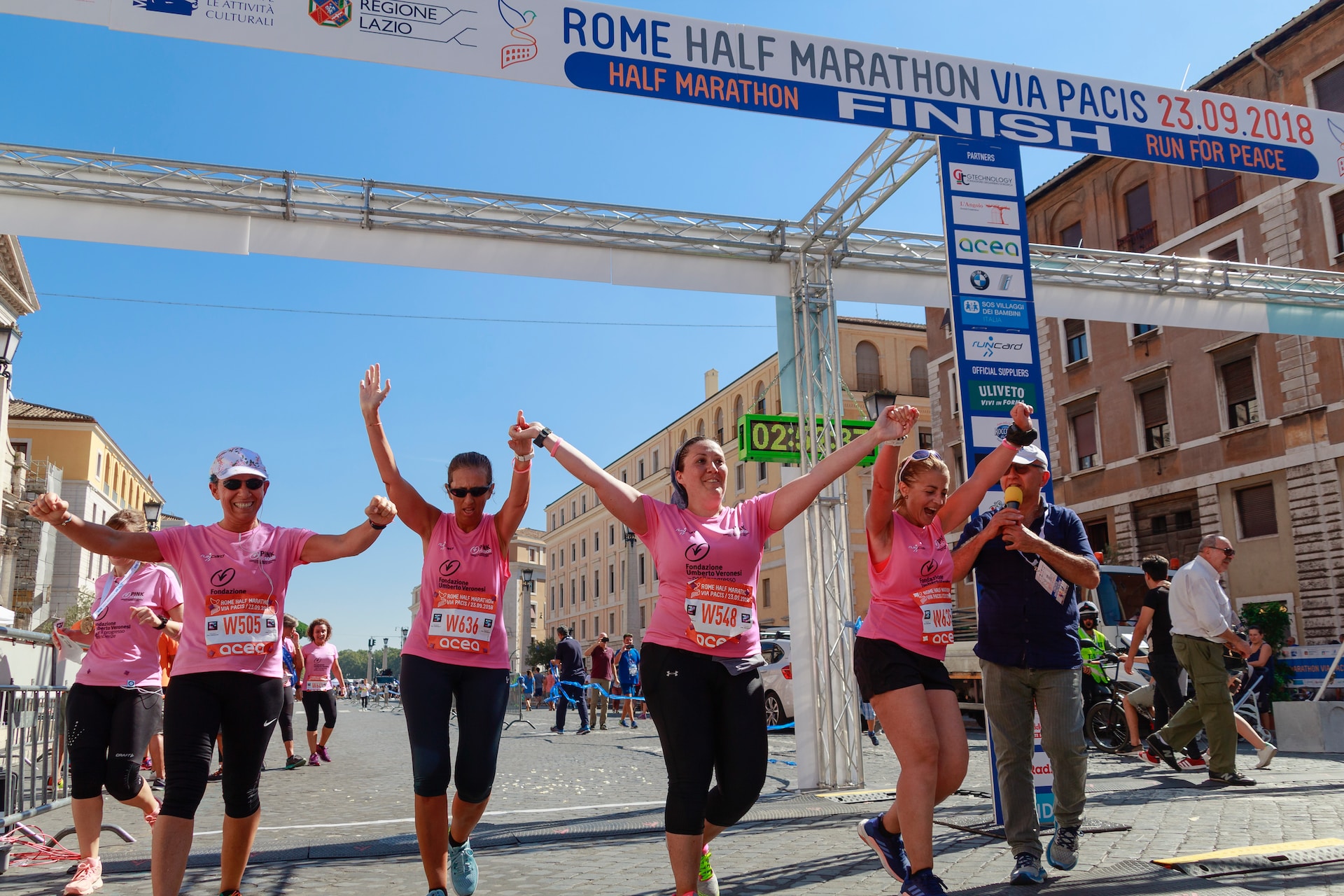
Running: The Final Push Towards Victory
In a triathlon, the run is the final push toward the finish line.
It’s often during this stage that races are won or lost.
In this context, professional coaches and modern running equipment can provide the edge you need to keep up your pace.
And also, to go beyond your limits and cross the finish line strong.
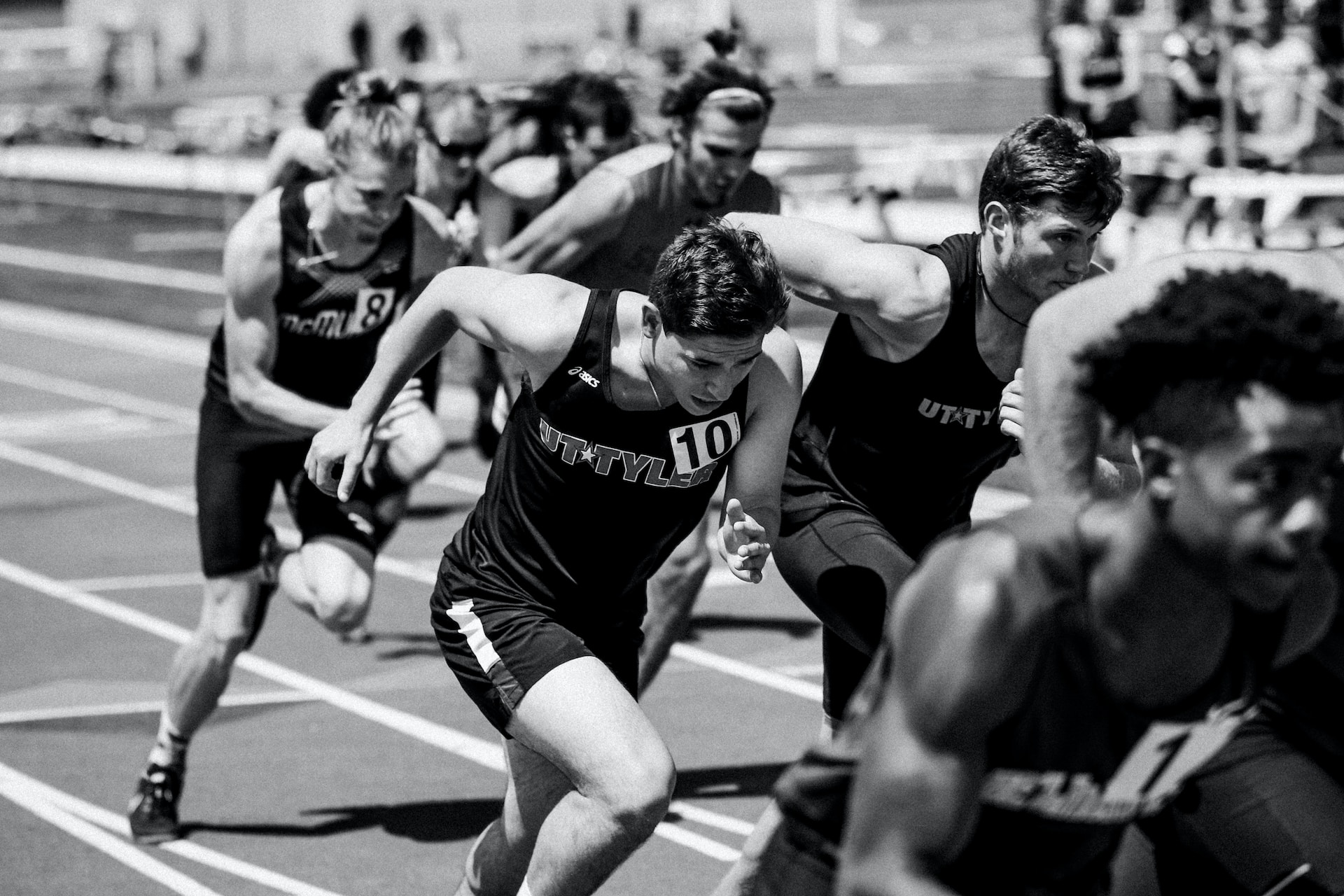
Conclusion: Your Path to Triumph
To sum up, professional run coaching and high-tech gear represent strategic investments you can make in your triathlon journey.
They can provide the knowledge, insight, and technological advantages that could make a difference in your performance.
As you continue to strive for improvement, consider these resources as powerful tools in your arsenal.
Remember, the path to triathlon success is a journey, not a sprint.
Keep pushing, keep striving, and keep aiming for that next personal best.
In the words of Paula Radcliffe, a long-distance running champion, “In long-distance running, the only opponent you have to beat is yourself, the way you used to be.”
As you prepare for your next triathlon, remember that the ultimate goal is to be better than you were yesterday, last week, and last year.
That is the true essence of the triathlon and the real victory.

